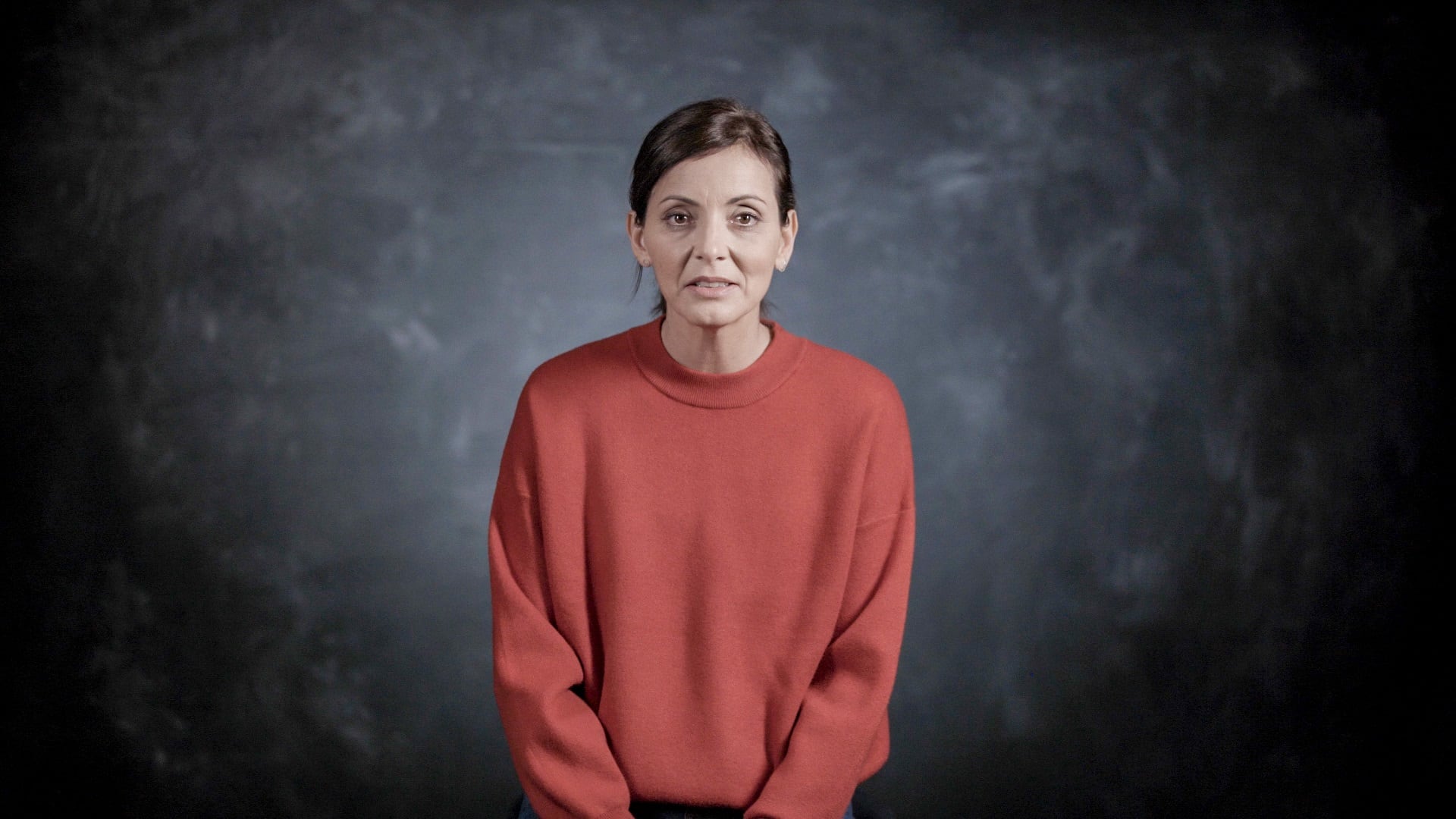There is something deeply disturbing about the film. I am Nevenkareleased yesterday, Saturday, at the San Sebastian Film Festival: you see and almost touch her anguish and her pain at every moment, at every step. You feel it in every violent look that the former mayor Ismael Álvarez directs at her, in every inappropriate reply, in every humiliation in the City Council’s plenary sessions, in every disdain towards her party colleagues, in every unwanted sexual advance, in the obsessive and constant messages, in the insults, in the calls. The violence exercised by someone who does not obtain something to which they believe they have a right – to have another human being – permeates everything within the cinema until it becomes a viscous sensation of indignation, disgust and injustice that takes a while to get rid of.
But when real images appear, of journalists and women incredulous and angry with her, with Nevenka Fernández, with the victim, arguing that there can be no harassment if there has been a prior consensual relationship, or that no one is harassed if they don’t let it happen, or the demonstrations in Ponferrada in support of the harasser, you realise how much this country has changed. That the social vision of what happened would be radically different today, 23 years later.
Maybe someone like Alvarez would still maintain that he did nothing wrong; maybe he would even believe it. But there would be no demonstrations in his support, no other women arguing that the victim must have done something to deserve the harassment, or that if she had sex with him and then left him, she was putting herself at risk of something like this happening to her.
The paradigm is different, thanks in part to Nevenka: that no one has the right to attack or harass another person, and even less so if it is a much younger, more vulnerable woman with whom there is a hierarchical relationship of dependence. And that one can say no. Always, at any time and in any situation, whatever has happened before between two people.
Some individual and almost socially suicidal decisions, such as that of the councillor of Ponferrada, sometimes change everything. Even if it costs them and even if it costs them an unbearable price. Sometimes, even if it costs them their lives. This happened with Ana Orantes, the first woman who dared to denounce on television the sexist violence that her husband had been exercising against her for 40 years. He killed her 13 days later, on 17 December 1997. He burned her alive. There were still people who blamed her. But her bravery made this social scourge visible and ended up changing the Penal Code. This also happened with Nevenka, who ended up living outside Spain and having to start a new life while Álvarez, convicted by the courts, continued peacefully with his life.
Now it is Gisèle Pelicot who is changing the paradigm. With her face uncovered and her dignity intact, she is pointing to the dozens of men who raped her while drugged for years, organised by her husband, to whom she was married for five decades. Nevenka felt guilt and shame for being the victim of a stalker. Pelicot, 72 years old, with her children at her side, has made it very clear that guilt, shame and social reproach must be on the other side: only and exclusively on the defendant’s bench, accompanying those who have exercised violence.
Nevenka filed a complaint out of dignity, to get rid of that sticky feeling of disgust and injustice, out of pure vital necessity. “If I hadn’t filed a complaint, I would have died,” she says. Giséle Pelicot has become a symbol. In recent weeks she has left the court amid applause and cheers. Hopefully Nevenka will perceive, even more than two decades later, and after the Netflix documentary series produced by Ana Pastor and the film by Icíar Bollaín, that the popular judgment is also on her side and that her complaint served a purpose: to begin to change everything forever.

